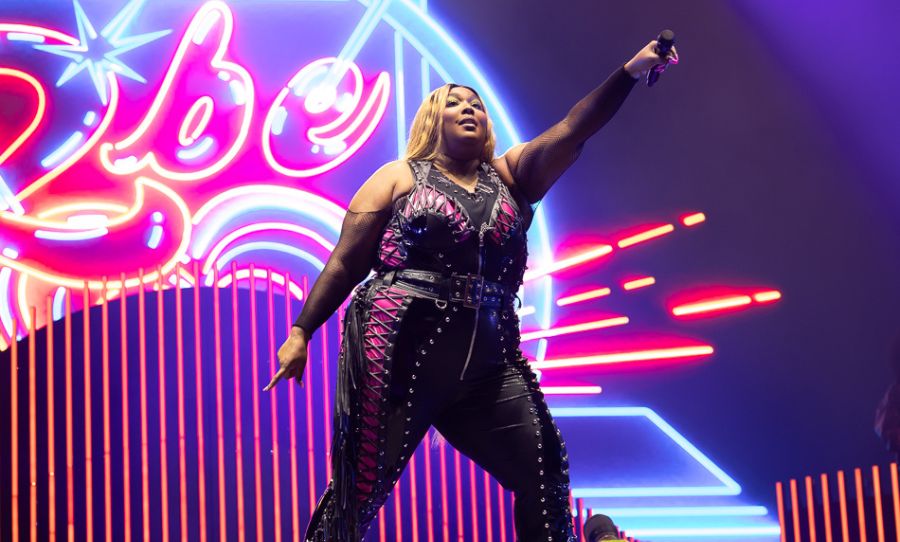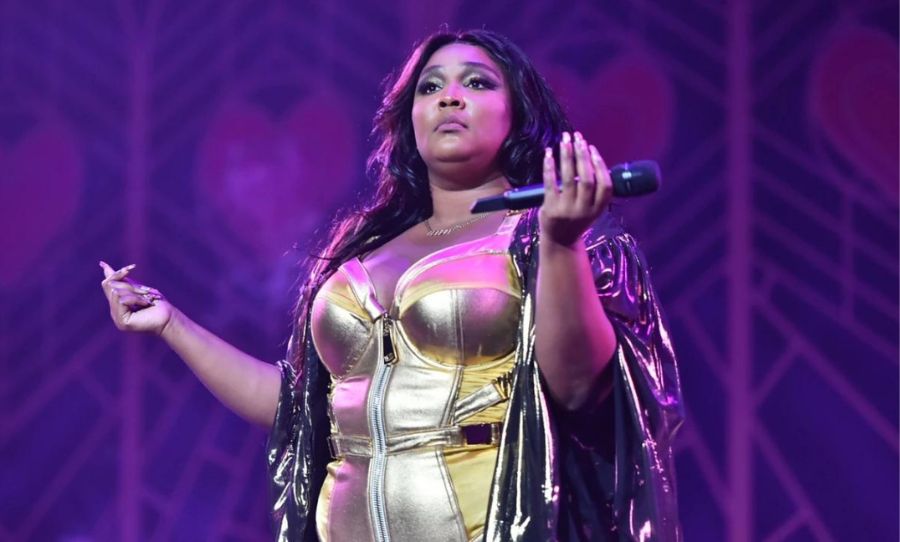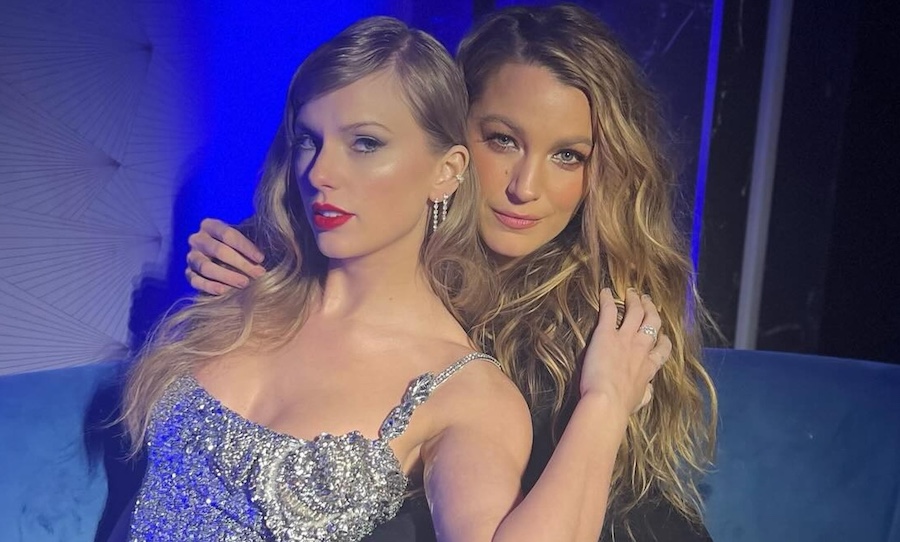Lizzo’s empowering image faces scrutiny as former dancers allege weight shaming and hostile work environment
Pop music sensation, Lizzo, has been hit with a lawsuit that alleges weight shaming and the creation of a hostile work environment by some of her former backup dancers.
The lawsuit, filed in the Los Angeles County Superior Court, has raised serious concerns about the artist’s commitment to body positivity and has also brought to light disturbing allegations of harassment and discrimination within her team.

In the civil complaint, Adrianne Davis, one of Lizzo’s former backup dancers, claimed that both Lizzo and a dance choreographer questioned her professional performance and made thinly veiled comments about her weight gain. These incidents, culminating in a remark made by Lizzo at the South by Southwest music festival, led Davis to believe that she needed to disclose intimate personal details about her life to keep her job.
The lawsuit, brought forward by Davis and co-plaintiffs Crystal Williams and Noelle Rodriguez, contains a range of disturbing allegations beyond weight shaming. It also includes accusations of sexual, religious, and racial harassment, as well as claims of discrimination against those with disabilities, assault, and false imprisonment.
The dancers were initially hired to be part of Lizzo’s backup team after appearing as contestants on her reality television show, “Watch Out for the Big Grrrls” (WOFTBG), a competition centered around plus-sized women vying for the opportunity to tour with Lizzo. The lawsuit also implicates BIG GRRRL BIG TOURING, INC. (BGBT), and Shirlene Quigley, a judge on WOFTBG and captain of Lizzo’s dance team, as co-defendants.
View this post on Instagram
One of the most shocking claims in the lawsuit is that Lizzo allegedly favoured dancers who attended after-party events she organised, leading to greater job security. One such event involved a visit to Amsterdam’s red-light district, known for its nude clubs and sex workers. The dancers claim Lizzo pressured them to touch nude performers and engage in other inappropriate acts.
“Plaintiffs were aghast with how little regard Lizzo showed for the bodily autonomy of her employees and those around her, especially in the presence of many people whom she employed,” the complaint states.
Moreover, the lawsuit alleges that Ms. Quigley, another defendant, displayed a confusing mix of behaviour, sometimes criticising premarital sex while at other times making sexually charged comments and mimicking sexual acts. She allegedly emphasised Christian religious views around the plaintiffs, singling out Ms. Rodriguez as a “non-believer” in need of religious proselytising.
Another significant issue raised by the dancers is the three-month gap between the American and European leg of Lizzo’s latest tour. While the musicians and other members of the tour received pay during this period, the dancers claim they were discouraged from seeking other performance work and received no compensation.
The plaintiffs are seeking punitive damages, damages for emotional distress, payments for medical expenses, lost wages, and other benefits they believe they were unfairly denied.
As the case unfolds, it has the potential to shed light on the darker side of the music industry, calling into question the genuine commitment of some artists to the causes they publicly champion. The allegations made against Lizzo, whose music and public image have been celebrated for promoting body positivity, may serve as a wake-up call for the industry to take a closer look at the treatment of their behind-the-scenes team.
In the spirit of true body positivity and inclusivity, it is essential to ensure that everyone involved in the creation of an artist’s success is treated with respect and dignity. The outcome of this lawsuit may pave the way for much-needed change in the music industry, promoting a work environment that values every individual for their talent and dedication, irrespective of their appearance.



